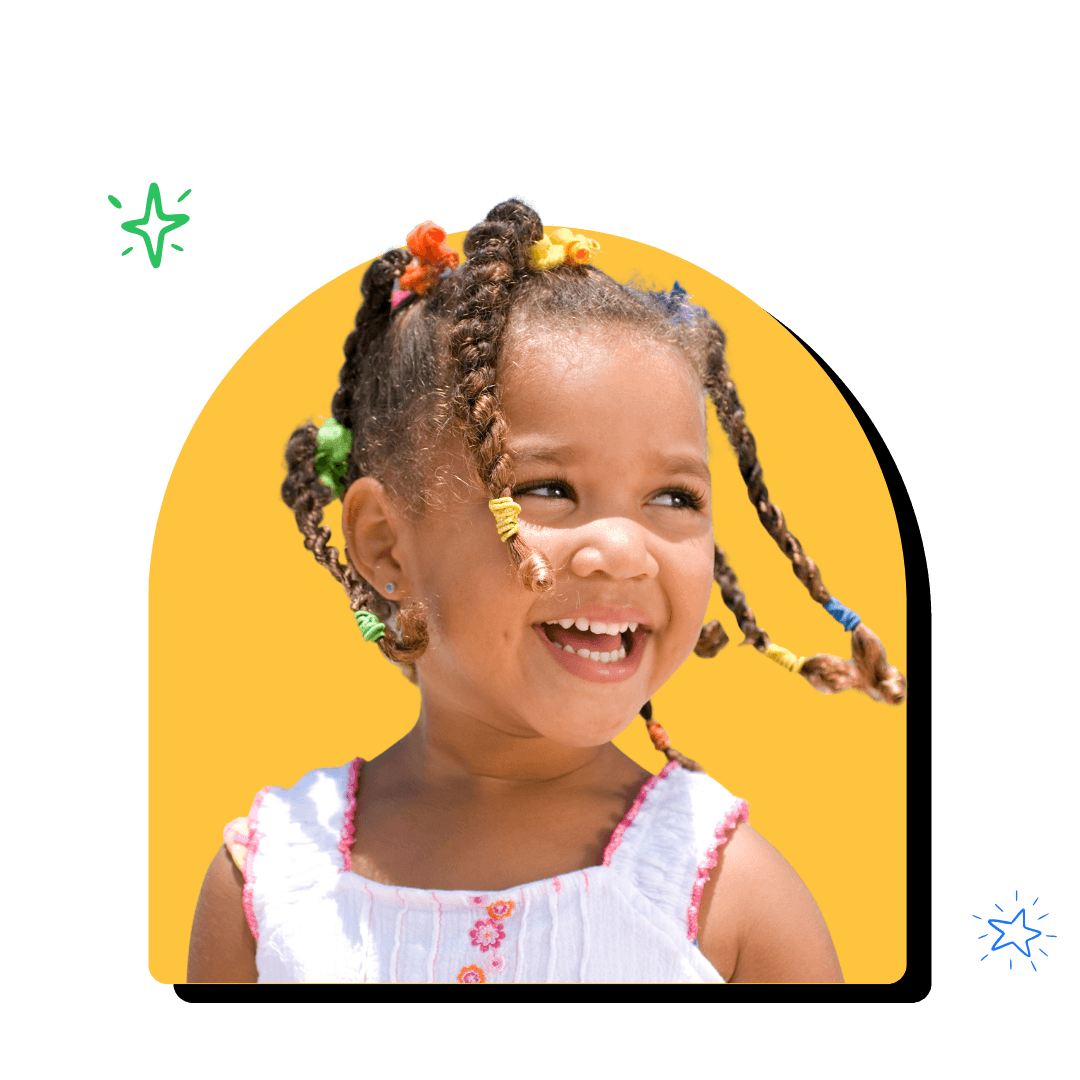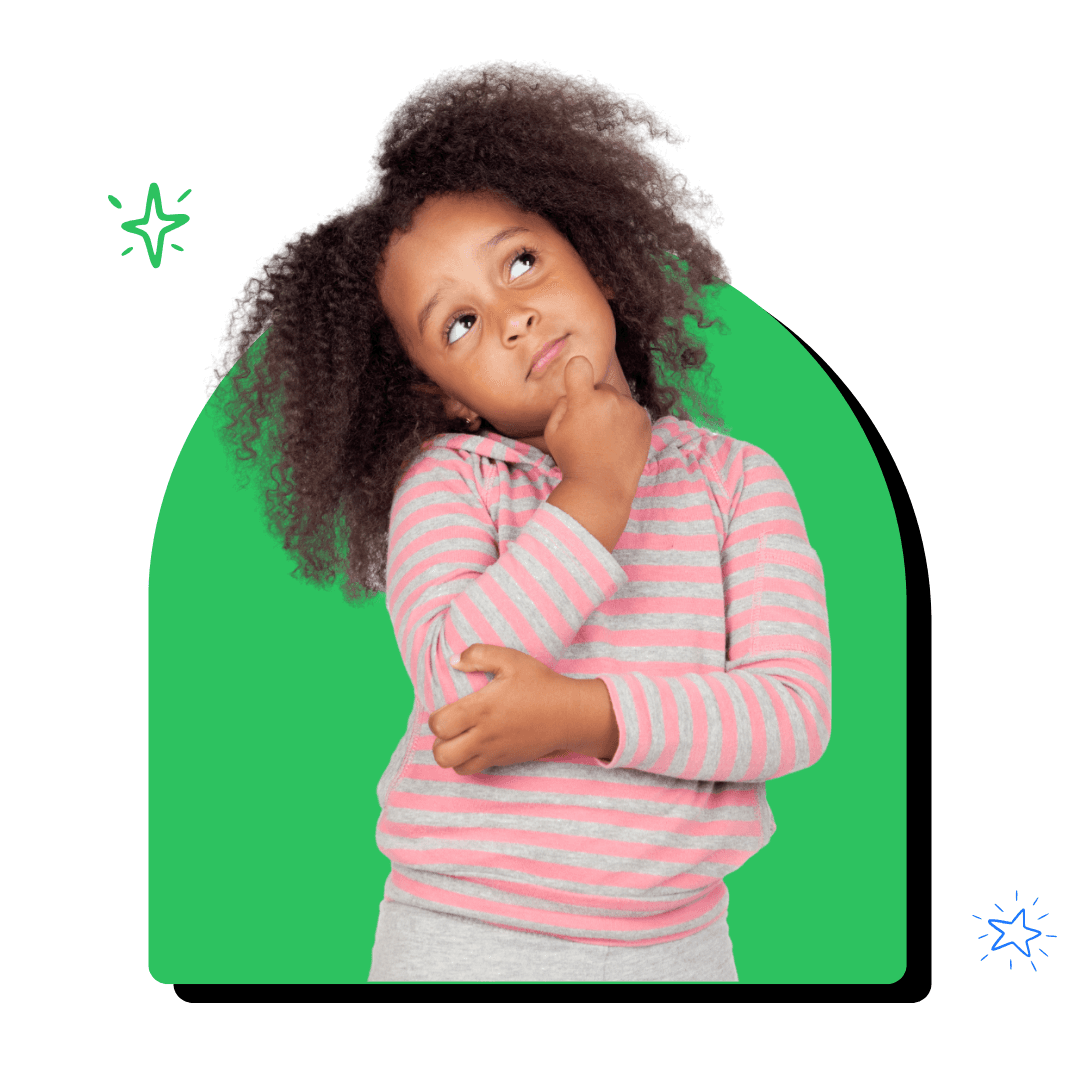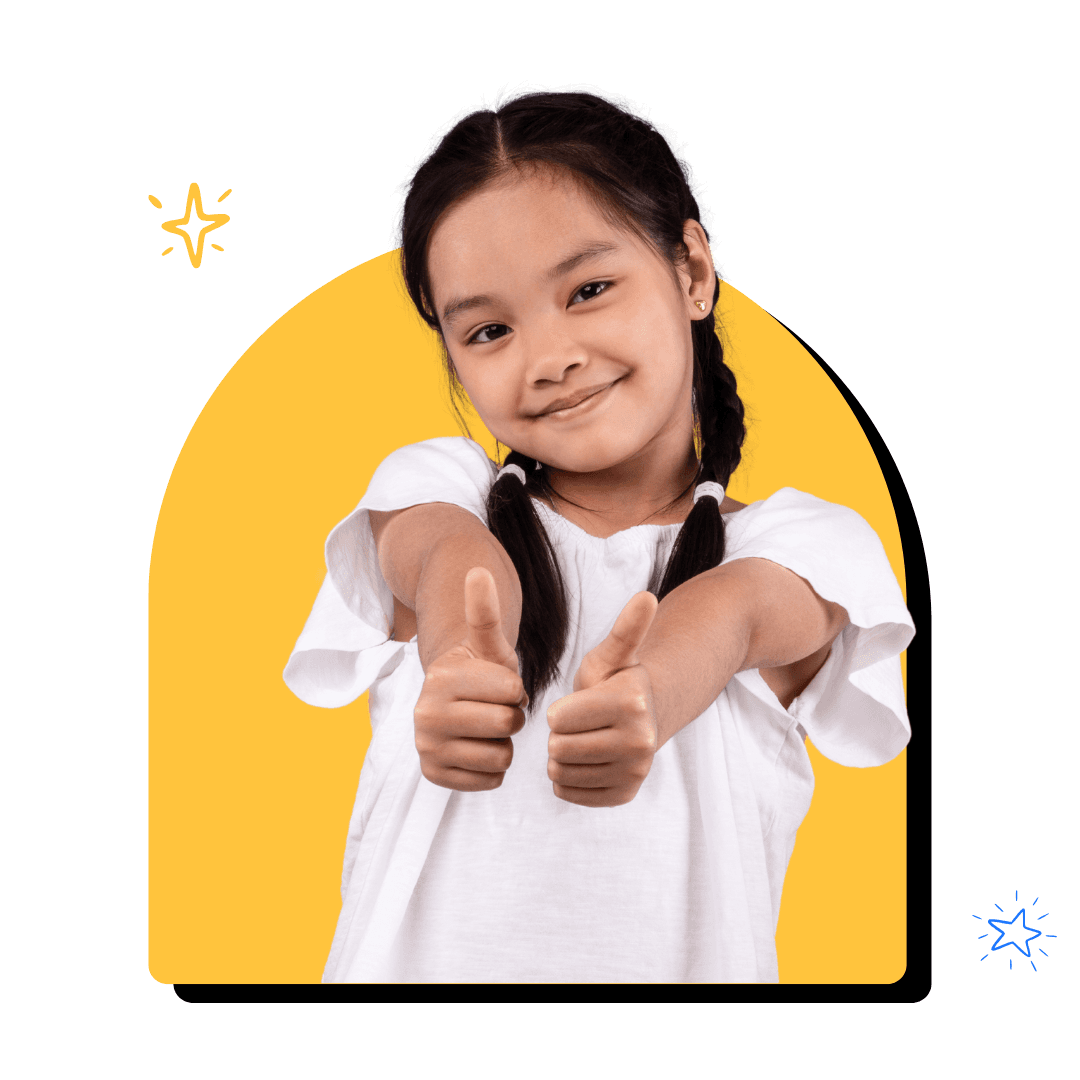Programs
Program Offerings


Play Group
(2 - 3 years)
Our Play Group Program offers a warm and engaging environment where young children begin to explore and make sense of the world around them. Through sensory play, music, movement, and interactive storytelling, toddlers develop early cognitive and motor skills while building strong emotional connections with peers and caregivers.
Key features:
Stimulating sensory activities to foster curiosity and exploration.
Stimulating sensory activities to foster curiosity and exploration.
Stimulating sensory activities to foster curiosity and exploration.
Stimulating sensory activities to foster curiosity and exploration.
Safe and structured routines that provide comfort and security.
Safe and structured routines that provide comfort and security.
Safe and structured routines that provide comfort and security.
Safe and structured routines that provide comfort and security.
Early social interaction through group play and collaborative activities.
Early social interaction through group play and collaborative activities.
Early social interaction through group play and collaborative activities.
Early social interaction through group play and collaborative activities.
Nursery
(3 - 4 years)
Our Nursery Program focuses on providing a nurturing environment where young children can begin exploring the world around them. Through sensory play, storytelling, and guided activities, toddlers are encouraged to develop motor skills, language, and early social interaction
Key features:
Sensory play activities to stimulate curiosity.
Sensory play activities to stimulate curiosity.
Sensory play activities to stimulate curiosity.
Sensory play activities to stimulate curiosity.
Structured routines that provide comfort and security.
Structured routines that provide comfort and security.
Structured routines that provide comfort and security.
Structured routines that provide comfort and security.
Social and emotional growth through group play and interaction.
Social and emotional growth through group play and interaction.
Social and emotional growth through group play and interaction.
Social and emotional growth through group play and interaction.




KG
(4 - 5 years)
In our Lkg Program, we focus on fostering independence and cognitive development through playful learning experiences. By blending academic readiness with social and emotional skills, children are well-prepared for the next steps in their educational journey.
Key features:
Engaging activities that promote learning through play.
Engaging activities that promote learning through play.
Engaging activities that promote learning through play.
Engaging activities that promote learning through play.
Supportive routines that build confidence and a sense of security.
Supportive routines that build confidence and a sense of security.
Supportive routines that build confidence and a sense of security.
Supportive routines that build confidence and a sense of security.
Development of essential social and emotional skills.
Development of essential social and emotional skills.
Development of essential social and emotional skills.
Development of essential social and emotional skills.
Prep
(5 - 6 years)
Our Ukg Program prepares children for a smooth transition to elementary school. With a focus on building foundational academic skills and social development, children are encouraged to explore, ask questions, and engage in group learning activities.
Key features:
Play-based learning that stimulates critical thinking and curiosity.
Play-based learning that stimulates critical thinking and curiosity.
Play-based learning that stimulates critical thinking and curiosity.
Play-based learning that stimulates critical thinking and curiosity.
Supportive routines to foster security and independence.
Supportive routines to foster security and independence.
Supportive routines to foster security and independence.
Supportive routines to foster security and independence.
Activities that nurture social and emotional growth through peer interaction.
Activities that nurture social and emotional growth through peer interaction.
Activities that nurture social and emotional growth through peer interaction.
Activities that nurture social and emotional growth through peer interaction.




Philosophies We Belive In
Motor Skill Learning Programs
Children this young demand constant attention and something has to happen all the time in order for the practice to be interesting. They have an insatiable desire for learning which calls for an extensive library of activities and games. Motor Skills Learning Programs help teachers to run exciting Physical education lessons in such a way that children are always engaged and can’t wait to come back to enjoy a versatile program. Read more: https://www.motorskilllearning.com/
Motor Skill Learning Programs
Children this young demand constant attention and something has to happen all the time in order for the practice to be interesting. They have an insatiable desire for learning which calls for an extensive library of activities and games. Motor Skills Learning Programs help teachers to run exciting Physical education lessons in such a way that children are always engaged and can’t wait to come back to enjoy a versatile program. Read more: https://www.motorskilllearning.com/
Motor Skill Learning Programs
Children this young demand constant attention and something has to happen all the time in order for the practice to be interesting. They have an insatiable desire for learning which calls for an extensive library of activities and games. Motor Skills Learning Programs help teachers to run exciting Physical education lessons in such a way that children are always engaged and can’t wait to come back to enjoy a versatile program. Read more: https://www.motorskilllearning.com/
Motor Skill Learning Programs
Children this young demand constant attention and something has to happen all the time in order for the practice to be interesting. They have an insatiable desire for learning which calls for an extensive library of activities and games. Motor Skills Learning Programs help teachers to run exciting Physical education lessons in such a way that children are always engaged and can’t wait to come back to enjoy a versatile program. Read more: https://www.motorskilllearning.com/
Lev Vygotsky
Lev Vygotsky’s philosophy on early childhood education focussed on social interaction and the role of culture in learning. He believed that children learn best when they work with a more knowledgeable adult. He emphasized on learning as a meaning-making process. Read more: https://theeducationhub.org.nz/vygotskys-philosophy-of-education/
Lev Vygotsky
Lev Vygotsky’s philosophy on early childhood education focussed on social interaction and the role of culture in learning. He believed that children learn best when they work with a more knowledgeable adult. He emphasized on learning as a meaning-making process. Read more: https://theeducationhub.org.nz/vygotskys-philosophy-of-education/
Lev Vygotsky
Lev Vygotsky’s philosophy on early childhood education focussed on social interaction and the role of culture in learning. He believed that children learn best when they work with a more knowledgeable adult. He emphasized on learning as a meaning-making process. Read more: https://theeducationhub.org.nz/vygotskys-philosophy-of-education/
Lev Vygotsky
Lev Vygotsky’s philosophy on early childhood education focussed on social interaction and the role of culture in learning. He believed that children learn best when they work with a more knowledgeable adult. He emphasized on learning as a meaning-making process. Read more: https://theeducationhub.org.nz/vygotskys-philosophy-of-education/
Erik Erikson
Erik Erikson’s groundbreaking work in psychosocial development has had a profound impact on our understanding of human growth and development. His theories have shaped the field of early childhood education and continue to influence professional practice today. His theory is used for understanding children’s needs and designing effective classroom management strategies to support children’s social and emotional growth. Read more: https://www.erikson.edu/about/history/erik-erikson/
Erik Erikson
Erik Erikson’s groundbreaking work in psychosocial development has had a profound impact on our understanding of human growth and development. His theories have shaped the field of early childhood education and continue to influence professional practice today. His theory is used for understanding children’s needs and designing effective classroom management strategies to support children’s social and emotional growth. Read more: https://www.erikson.edu/about/history/erik-erikson/
Erik Erikson
Erik Erikson’s groundbreaking work in psychosocial development has had a profound impact on our understanding of human growth and development. His theories have shaped the field of early childhood education and continue to influence professional practice today. His theory is used for understanding children’s needs and designing effective classroom management strategies to support children’s social and emotional growth. Read more: https://www.erikson.edu/about/history/erik-erikson/
Erik Erikson
Erik Erikson’s groundbreaking work in psychosocial development has had a profound impact on our understanding of human growth and development. His theories have shaped the field of early childhood education and continue to influence professional practice today. His theory is used for understanding children’s needs and designing effective classroom management strategies to support children’s social and emotional growth. Read more: https://www.erikson.edu/about/history/erik-erikson/
John Dewey
John Dewey’s philosophy of Early Childhood Education is also known as Progressive Education. He emphasised hands-on learning, inquiry based learning, social interactions and real-world contexts. He believed that children learn best through experiences, active involvement, and interaction with the world. Read more: https://plato.stanford.edu/entries/dewey/
John Dewey
John Dewey’s philosophy of Early Childhood Education is also known as Progressive Education. He emphasised hands-on learning, inquiry based learning, social interactions and real-world contexts. He believed that children learn best through experiences, active involvement, and interaction with the world. Read more: https://plato.stanford.edu/entries/dewey/
John Dewey
John Dewey’s philosophy of Early Childhood Education is also known as Progressive Education. He emphasised hands-on learning, inquiry based learning, social interactions and real-world contexts. He believed that children learn best through experiences, active involvement, and interaction with the world. Read more: https://plato.stanford.edu/entries/dewey/
John Dewey
John Dewey’s philosophy of Early Childhood Education is also known as Progressive Education. He emphasised hands-on learning, inquiry based learning, social interactions and real-world contexts. He believed that children learn best through experiences, active involvement, and interaction with the world. Read more: https://plato.stanford.edu/entries/dewey/